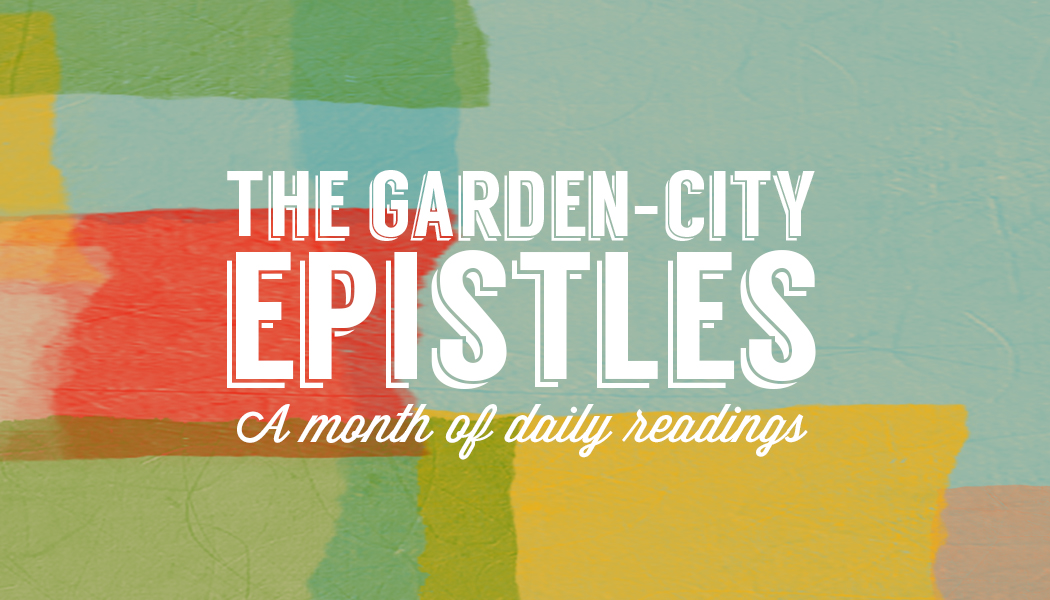I wrote this letter for my friend, Jan Wohlgemuth, who loves gardening more than any sane person should.
I can already hear you arguing with me about gardens. You’ll insist I know nothing about gardening. You’ll be right. You’ll ask me what a bougainvillea is. I won’t know. I can’t even tell the trees apart in my own yard. But here’s the thing: gardens now differ from gardens in the ancient near east. And the one fact I came across earlier this year, the six-word sentence that blew my mind—because it fit with everything else I’ve studied for years; because it made so much sense once I read it—helped me reframe Genesis entirely.
Consider what we know about gardens in the ancient world, particularly around Mesopotamia. They were more like expansive urban parks than undeveloped wilderness, more like orchards and labyrinths than primeval forest. A garden had structure, boundaries, designs. Gardens were walled, cultivated, well-ordered, carefully landscaped, with a myriad of flowers and plants and trees, with rivers and pools and falls, with aviaries and apiaries, requiring immense human investment, creativity, and ongoing care.
So—are you ready?—here’s the quote that helped everything click into place for me: “Eden may well have included buildings.”[1]
Of course Eden might have included buildings. Even modern gardens often include trellises, arbors, gazebos, and pergolas. Medieval gardens included “follies,” buildings with no real use other than to display the creativity of the architect and sometimes provide a better view for the upper class as they strolled through their well-developed playgrounds.
My point is that our ancestors began co-creating immediately. Eden wasn’t just a few planter pots and some organic greens, but the protology of the city—the beginning of human development and cultural emergence that would result in “agriculture, architecture, the arts, science, family life, business, and commerce, [that developed] a God-honoring civilization under God’s reign.”[2]
You’re a gardener. We both know I’ve got a black thumb. But, in the strictest sense, I’m a gardener, also. Like you, God has entrusted me with the mandate to cultivate and develop the earth. I’m called to draw together the resources of Creation, to bring wise order to the garden, and to release human potential. We all are. The trick is to see how our work now not only recalls the work God mandated in the beginning, but anticipates the work God requires at the end. As we do, our work becomes a kind of prayer, sanctified by our imagination and offered up to God as praise.
[1] Um and Buzzard, Why Cities Matter, 58.
[2] Ibid.
fossores
Related posts
Categories
Category Cloud
Tag Cloud
Recent Posts
- Victors and Victims November 6, 2018
- 3 Hacks for Happiness October 29, 2018
- Hope Against Death September 20, 2018
- The Shape Of The Cross September 19, 2018


